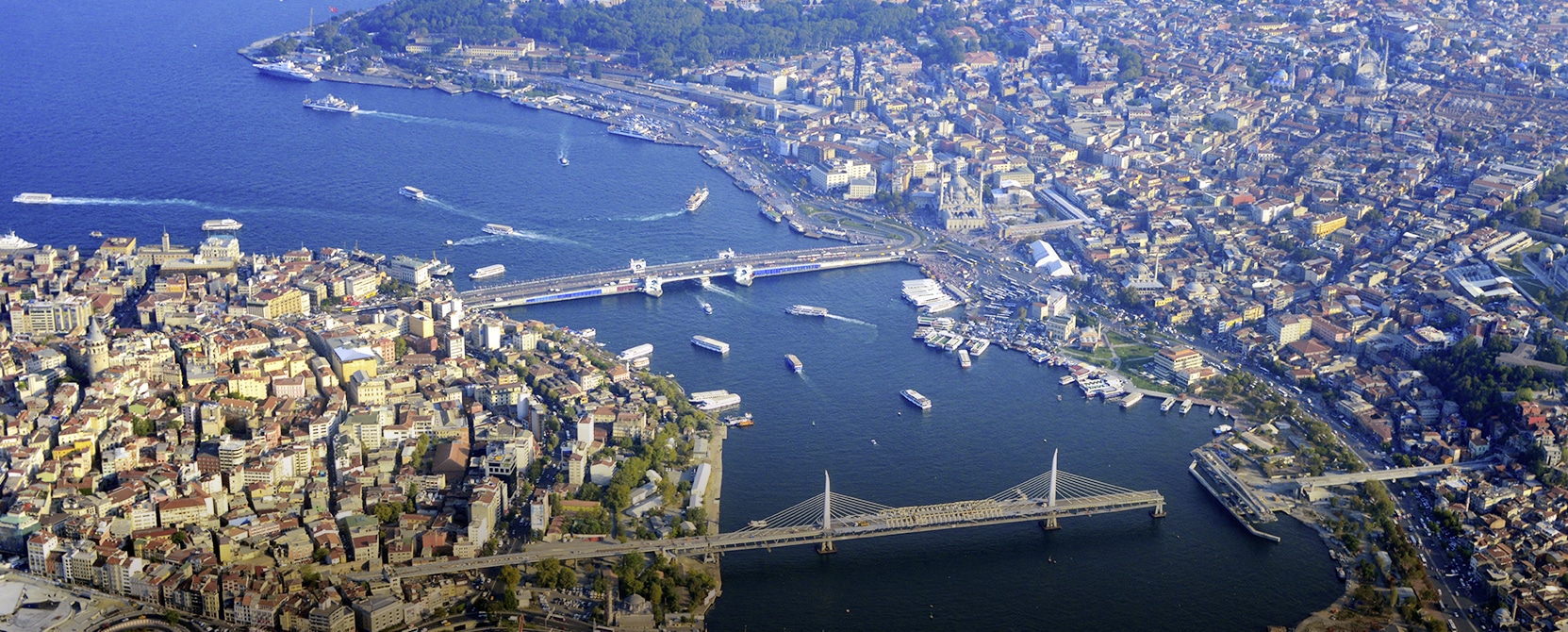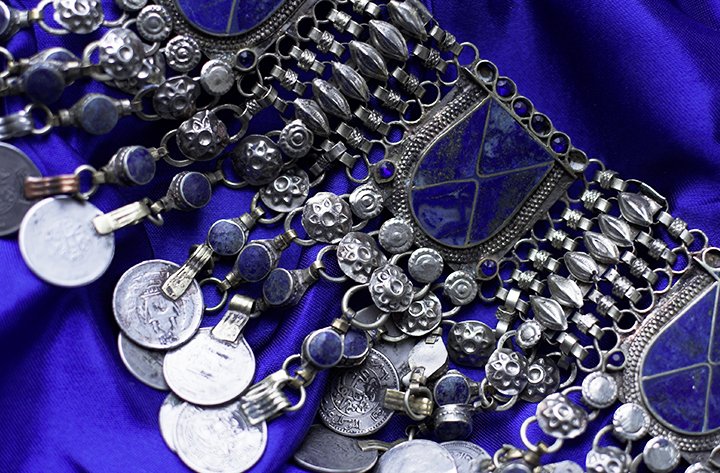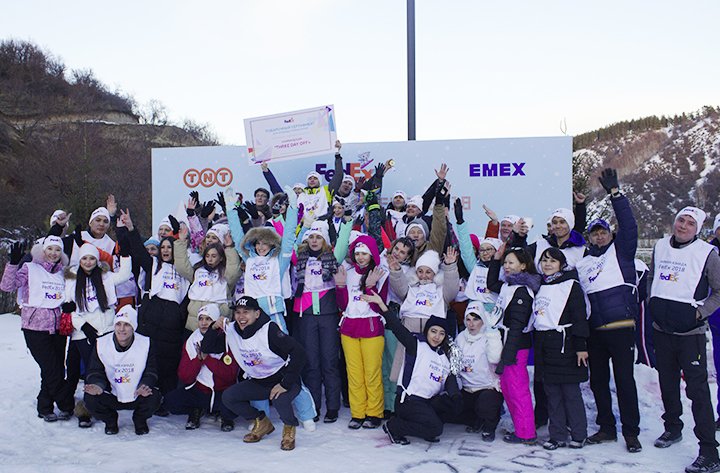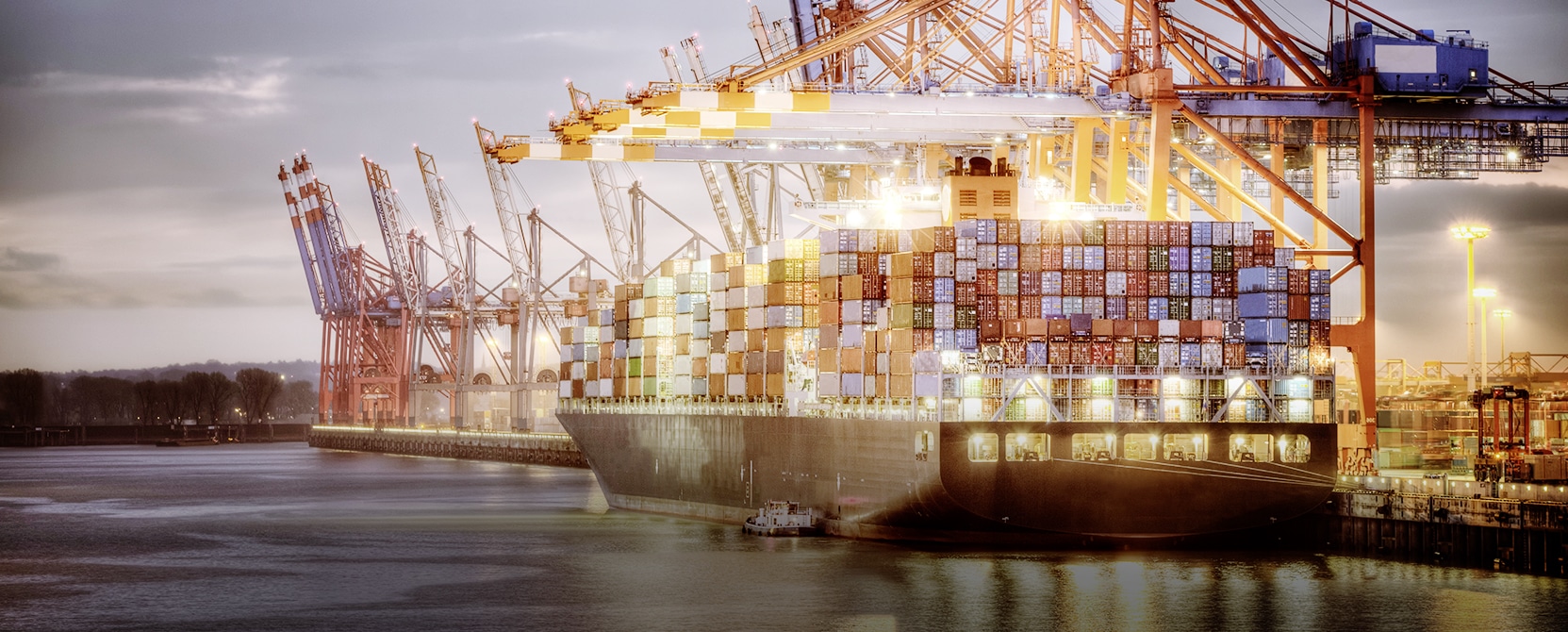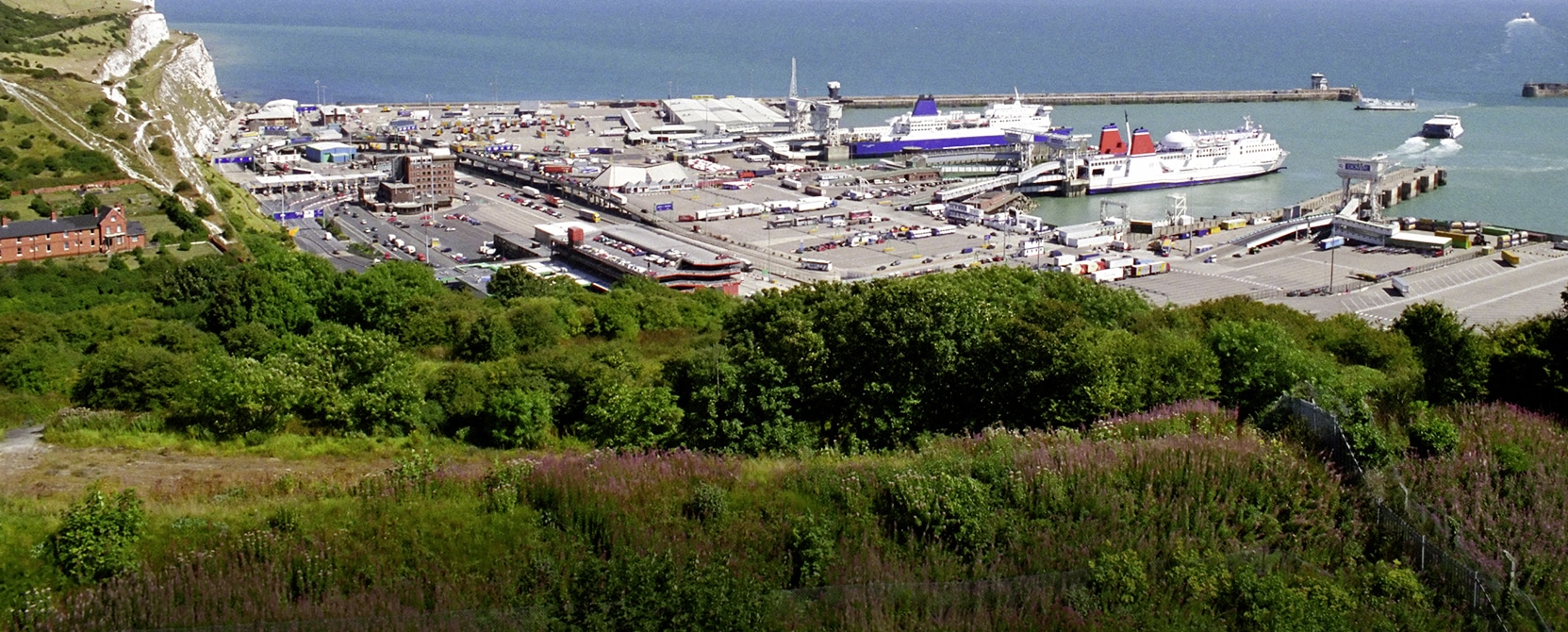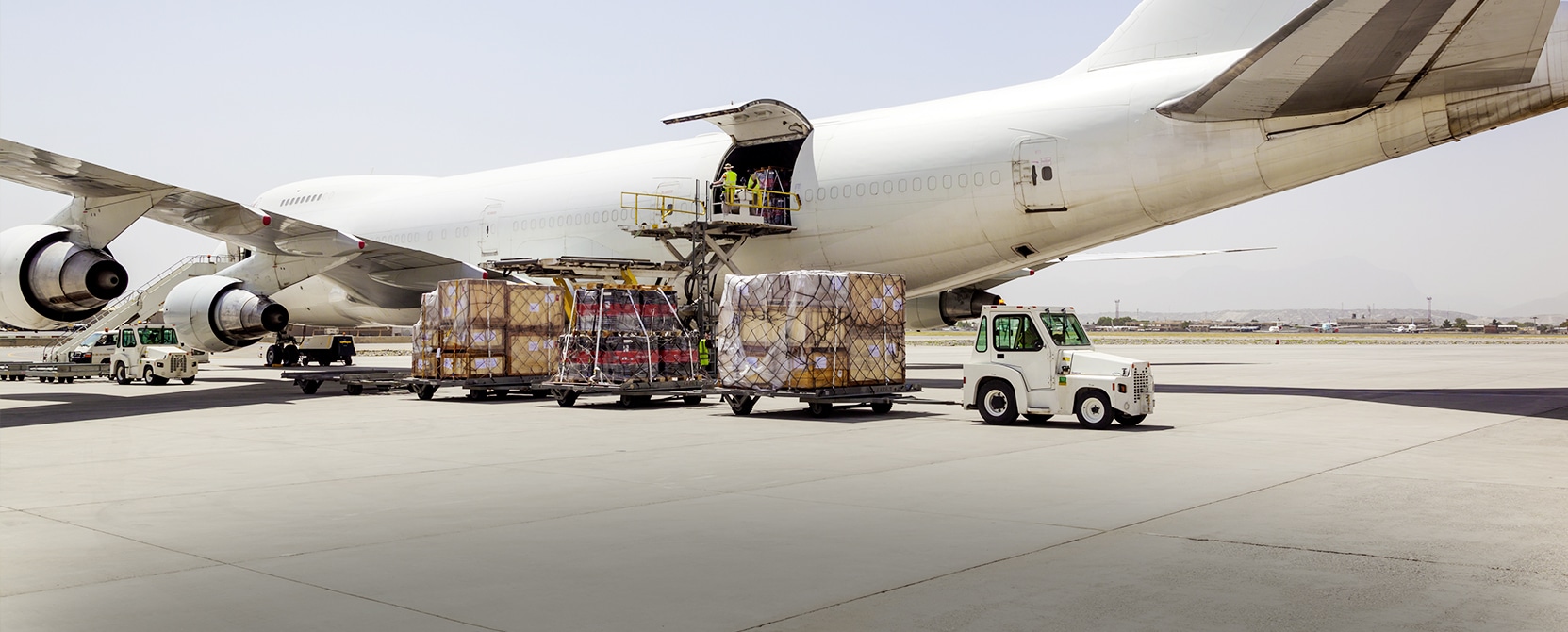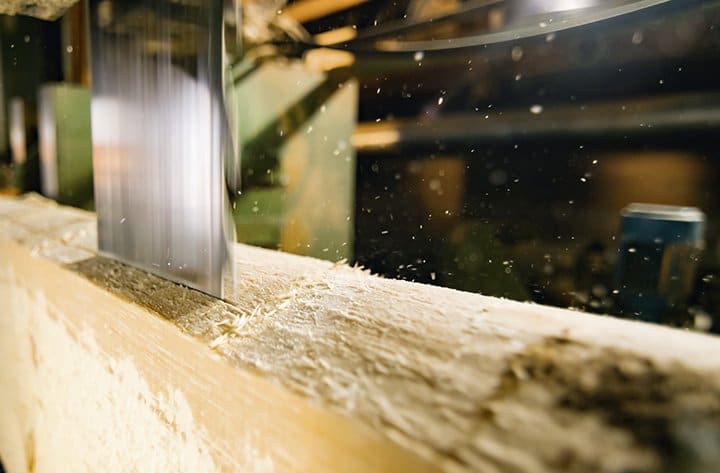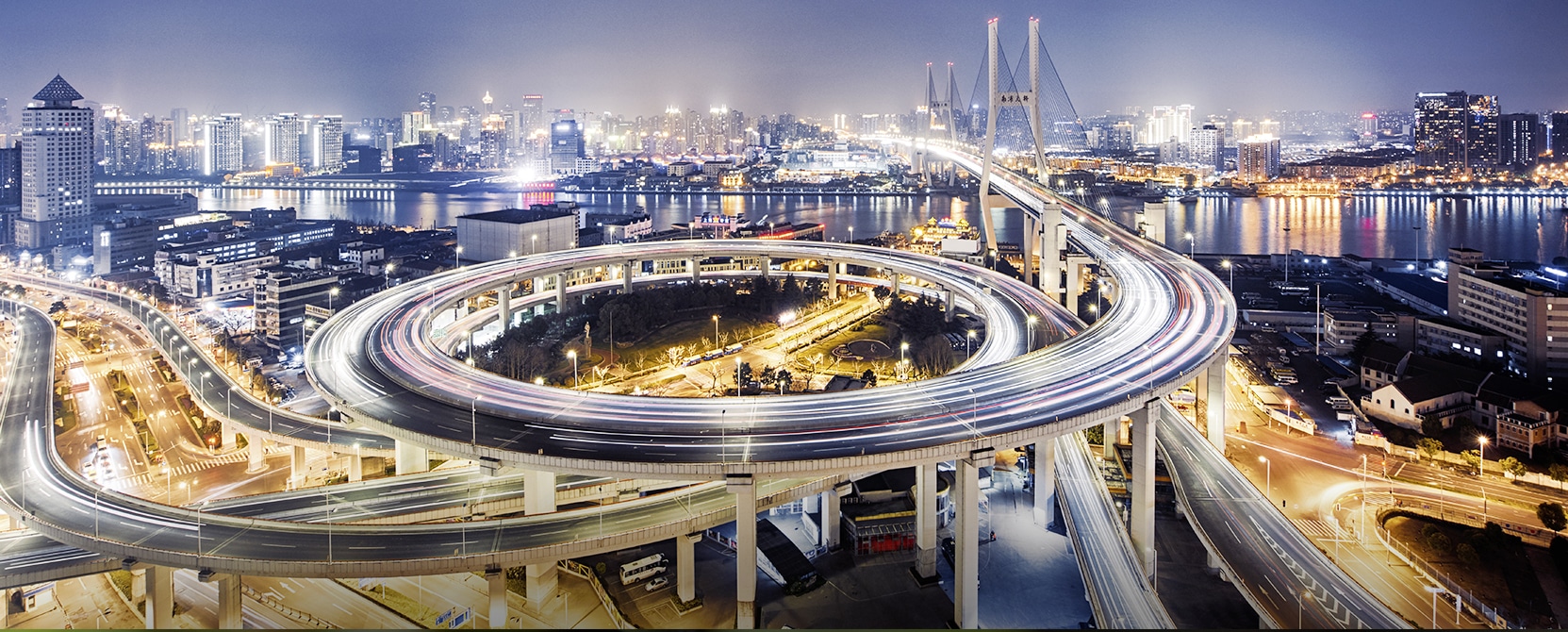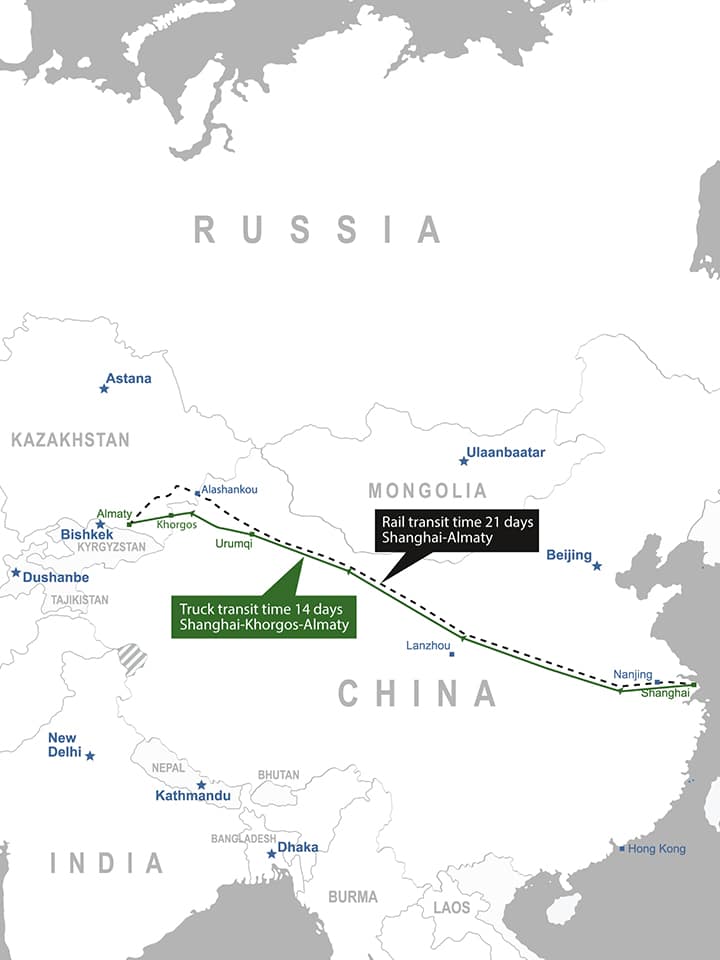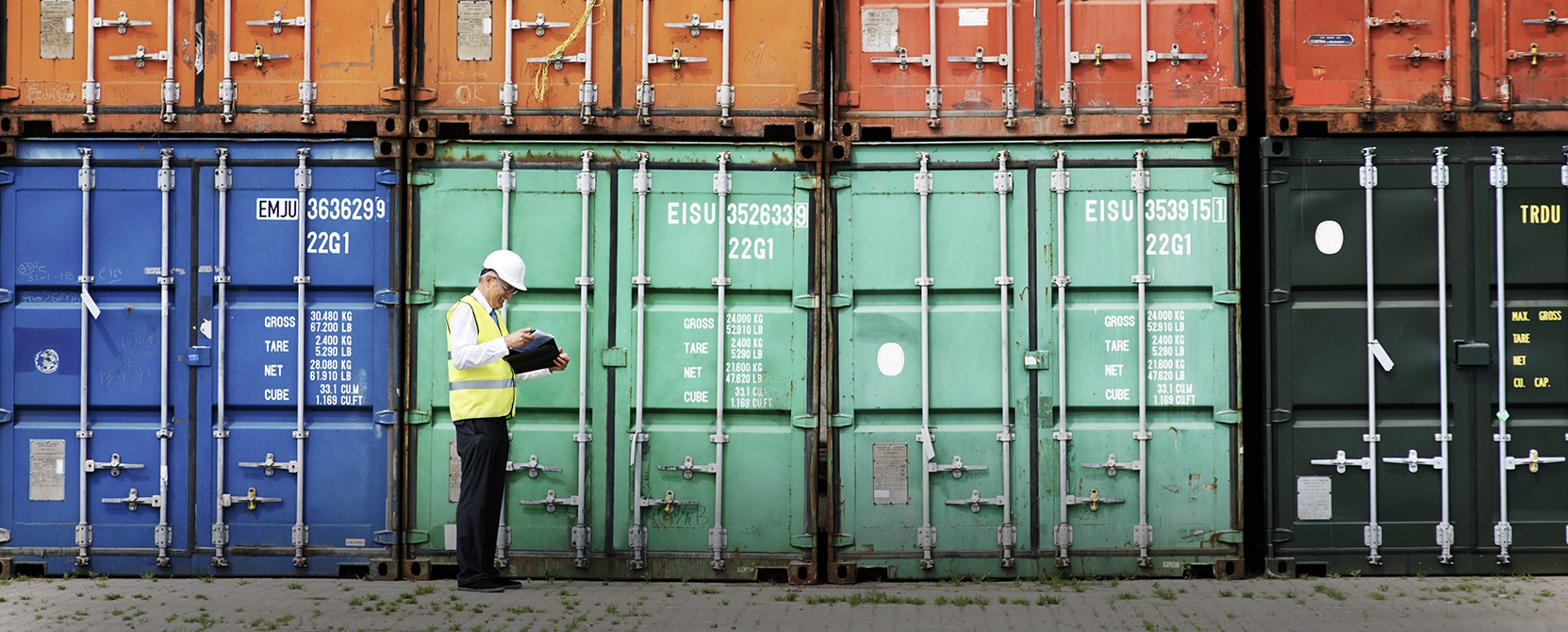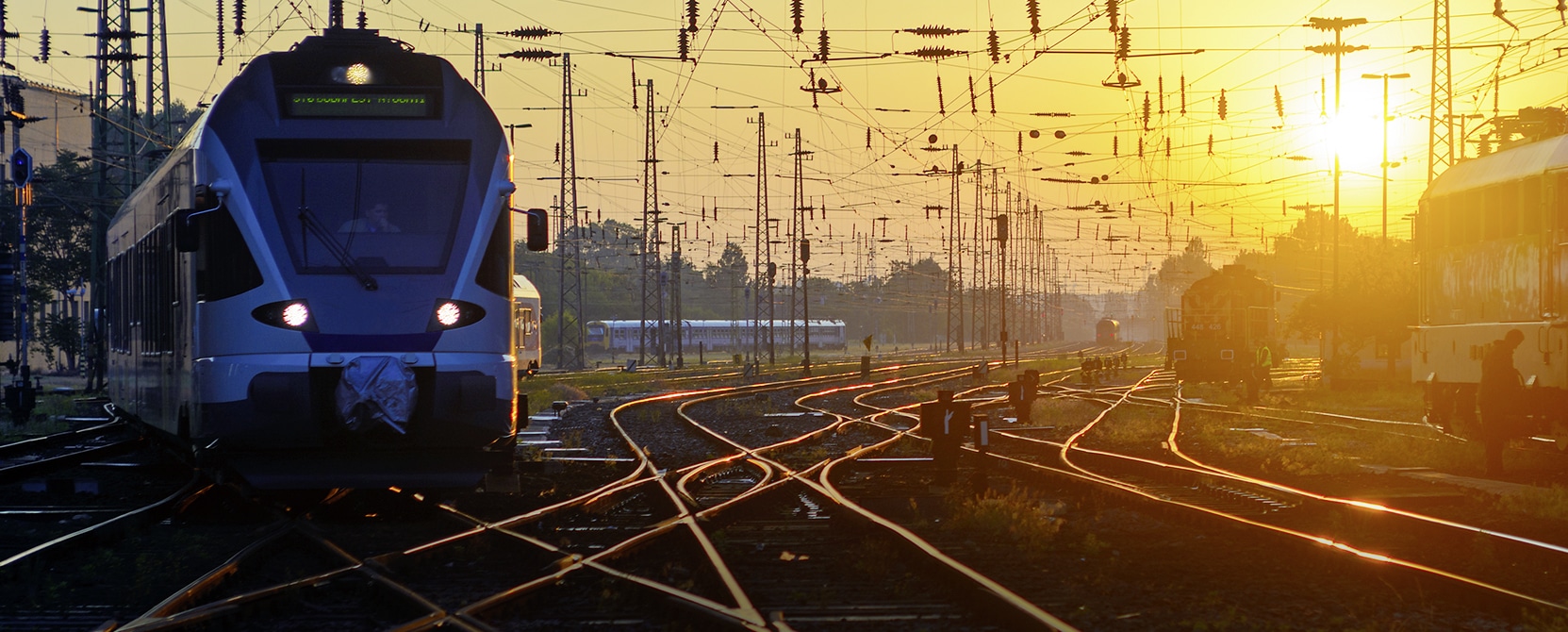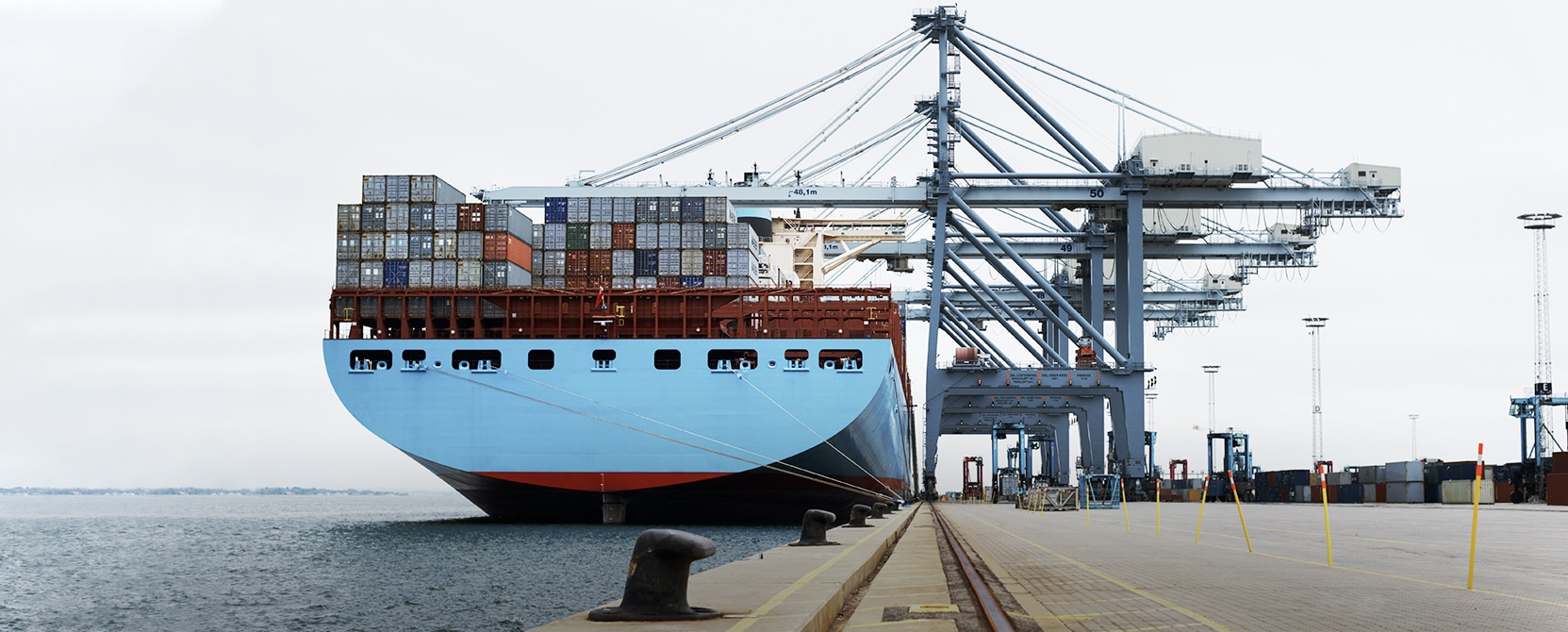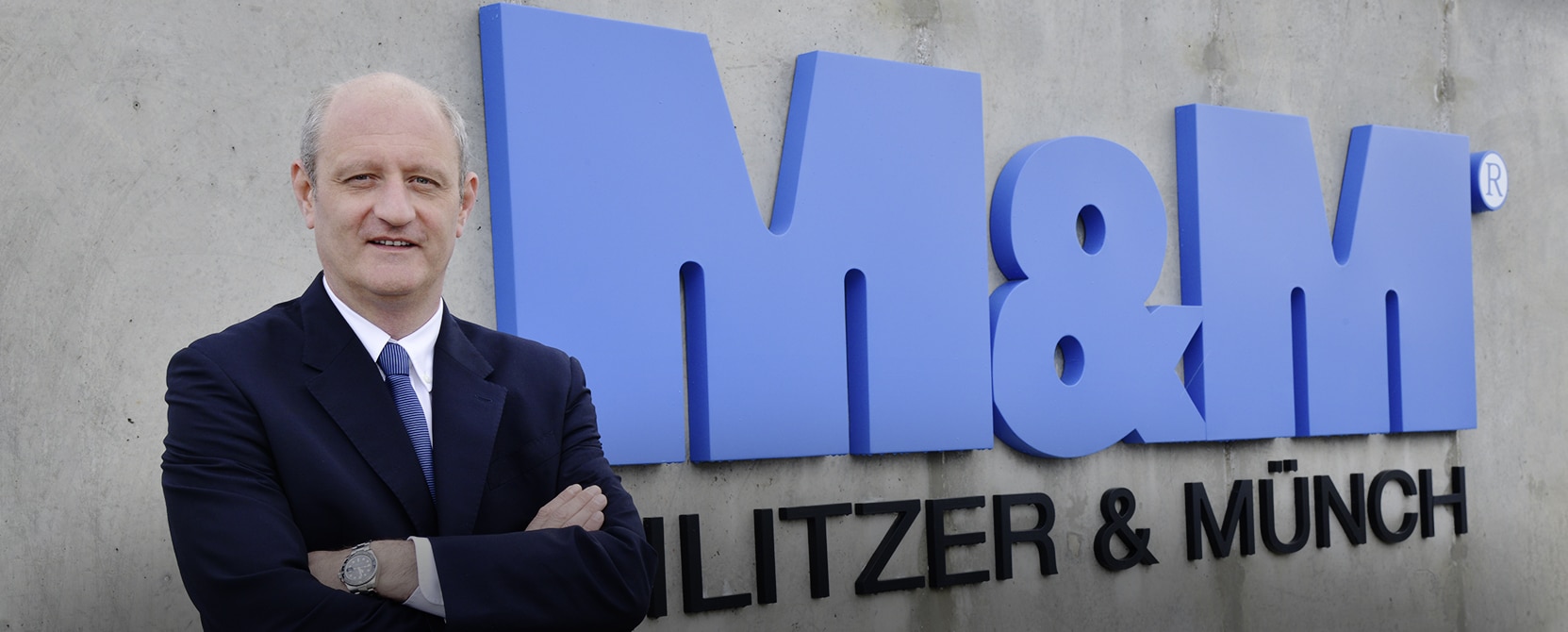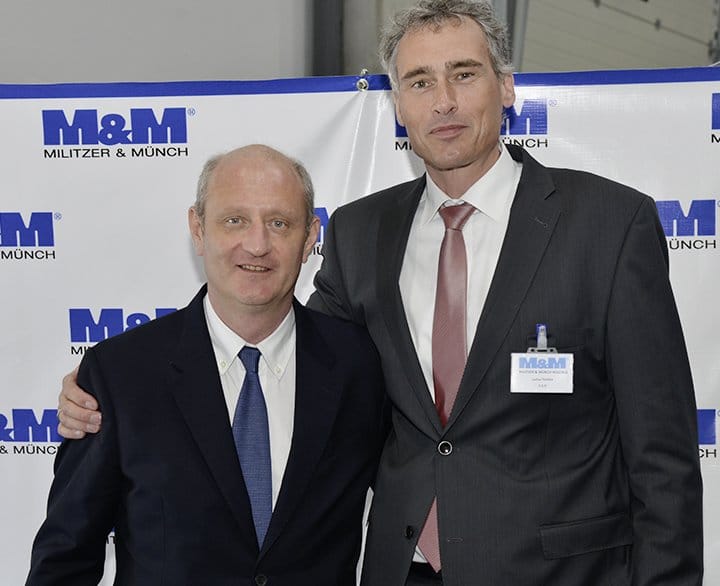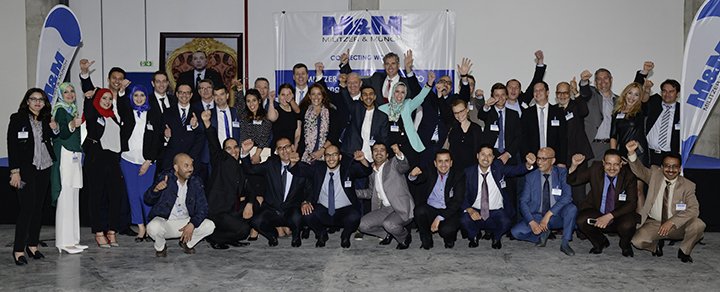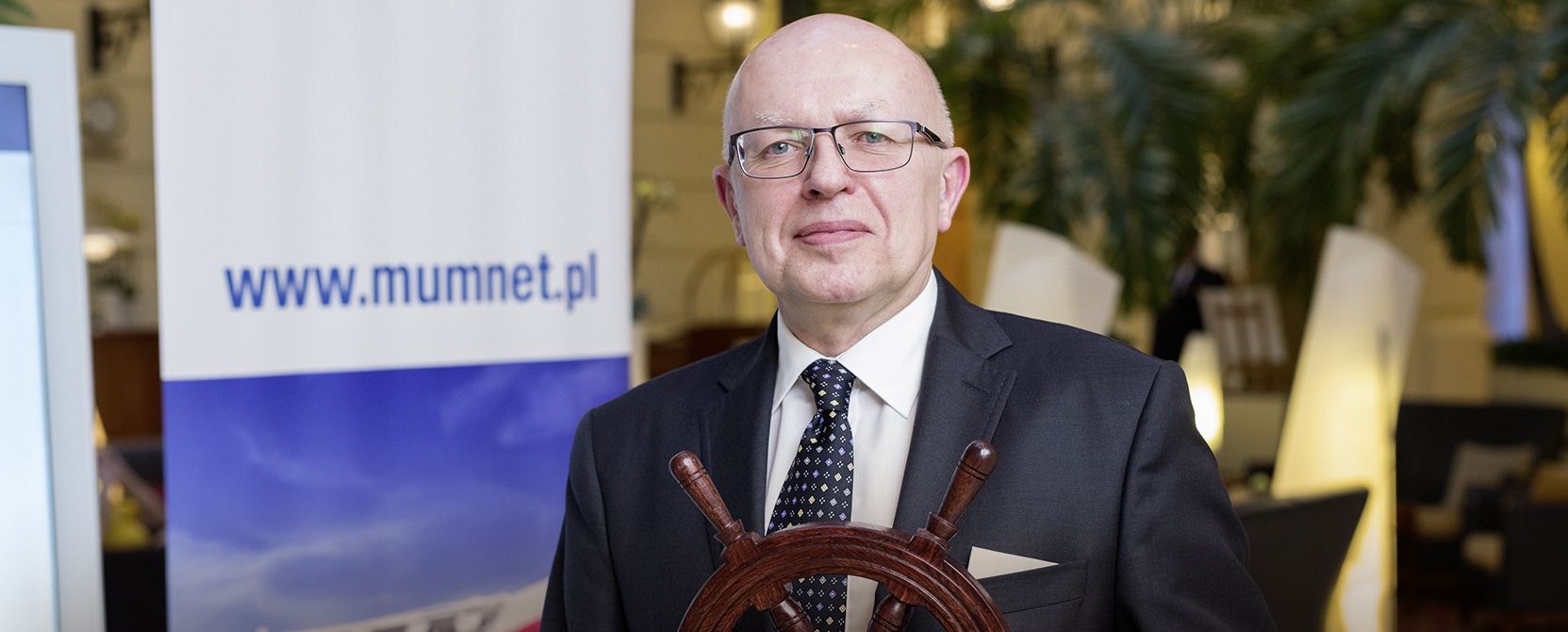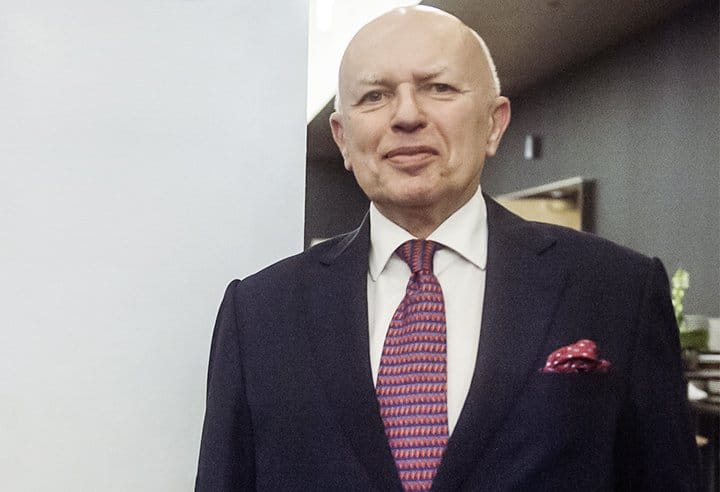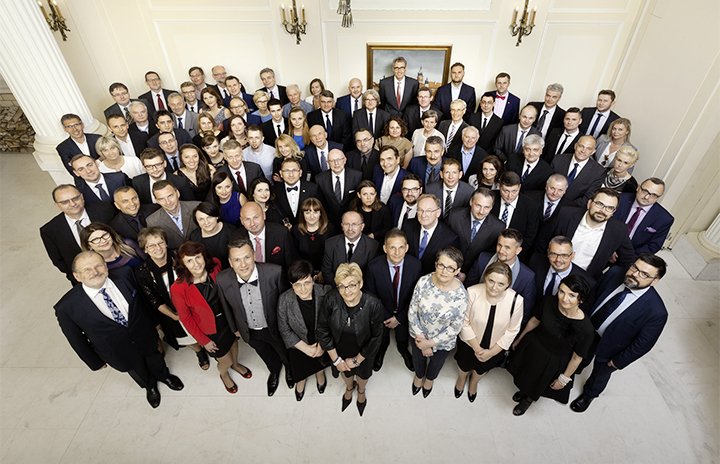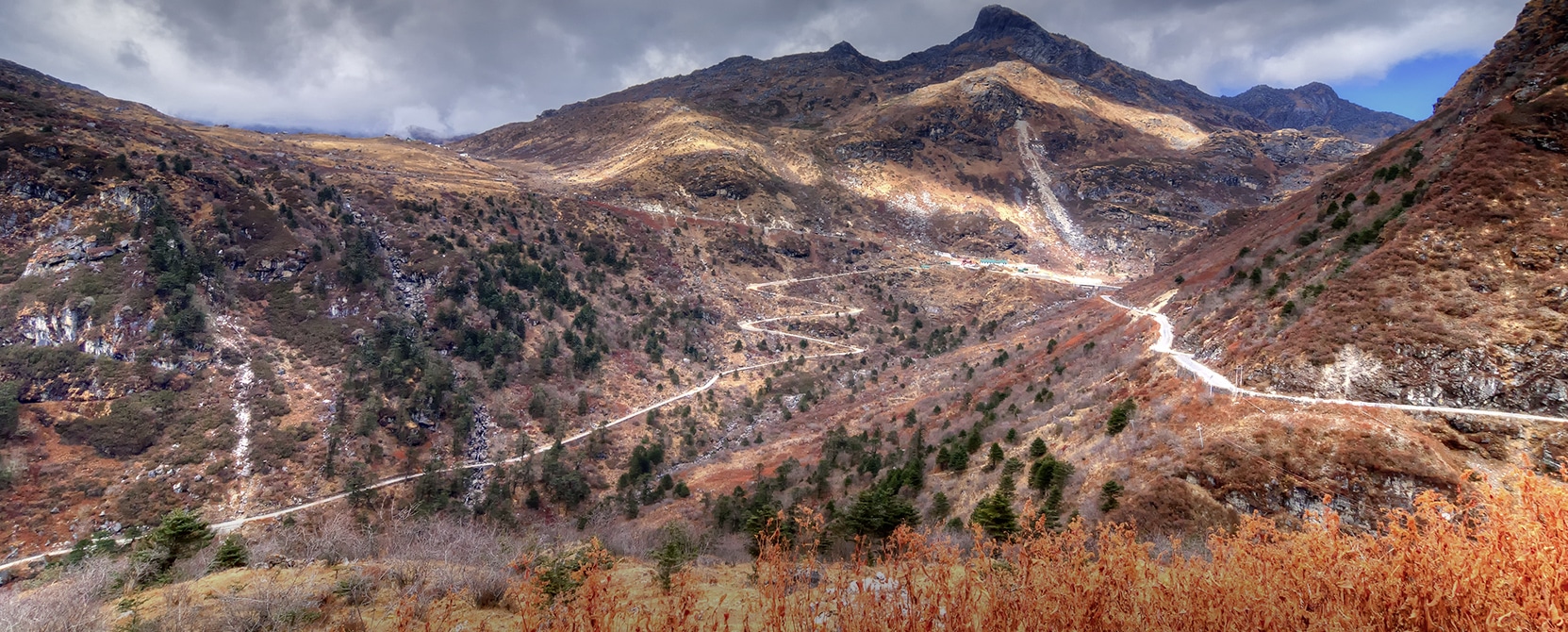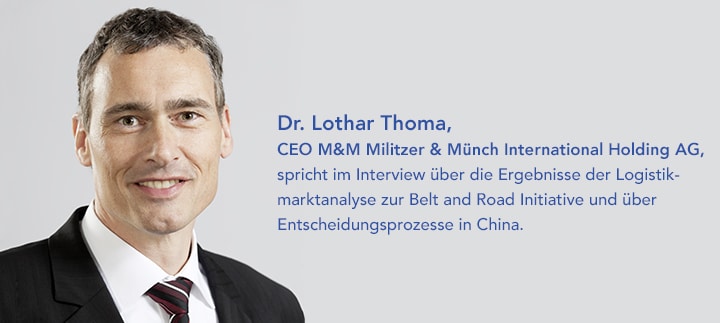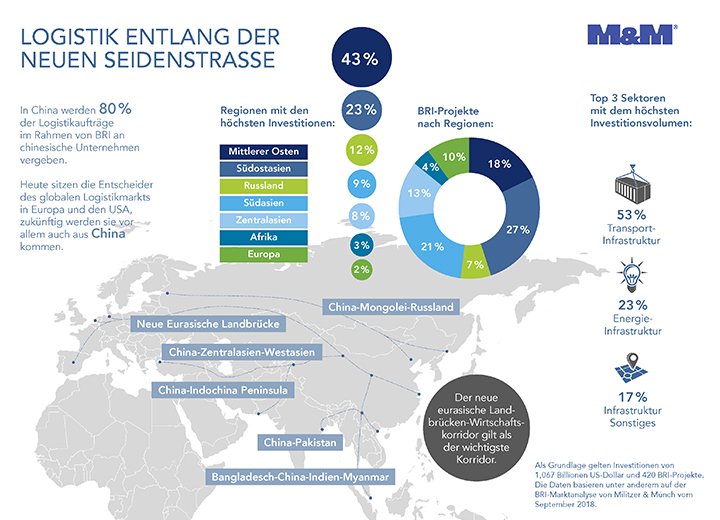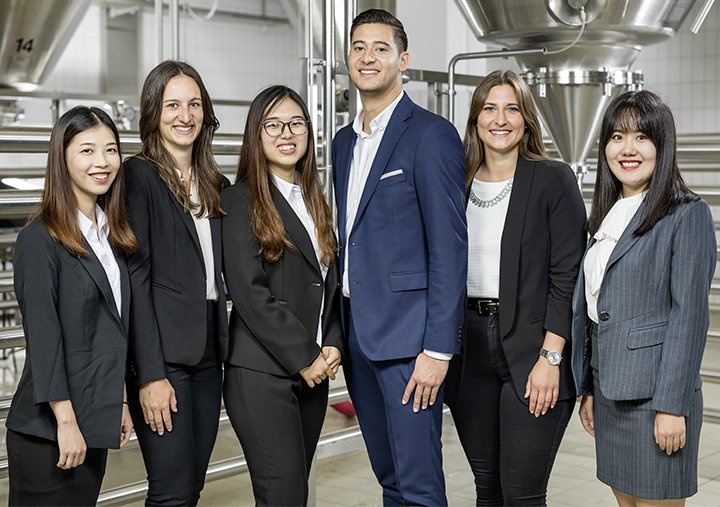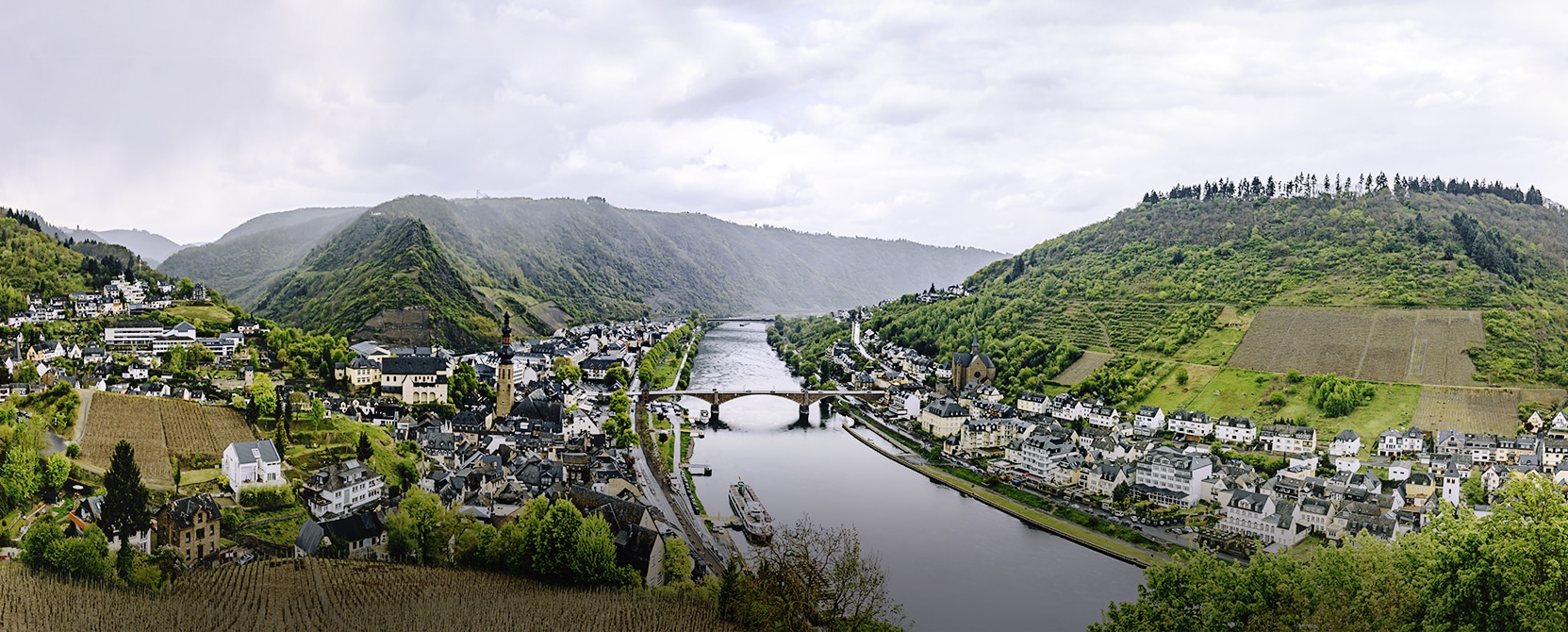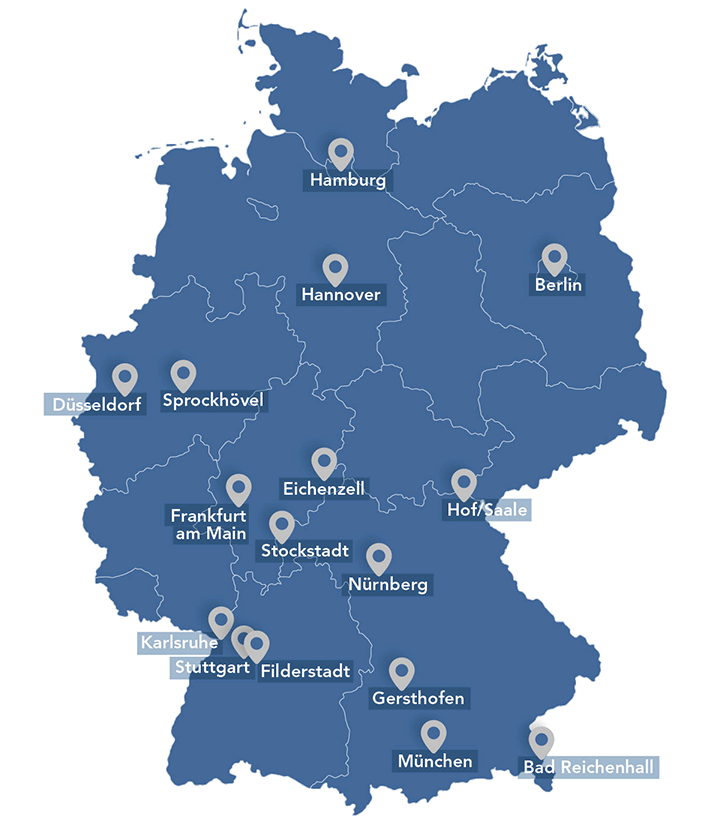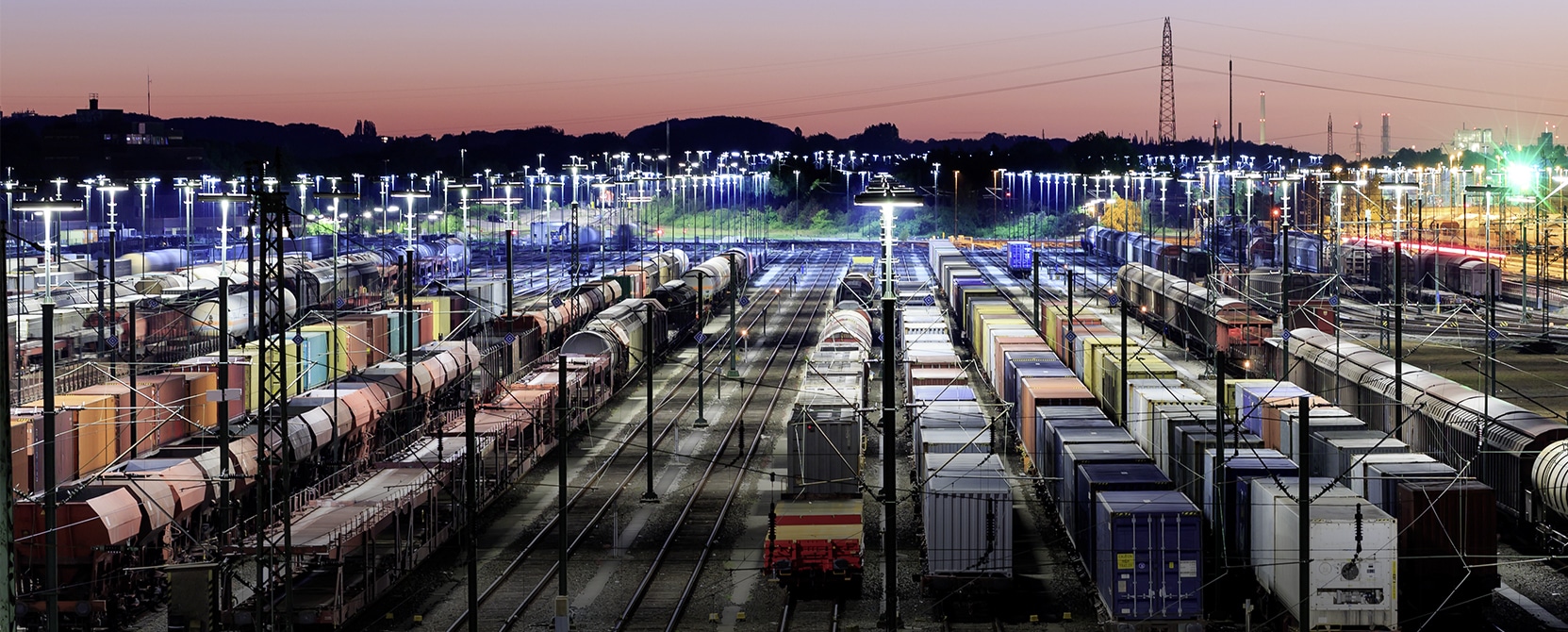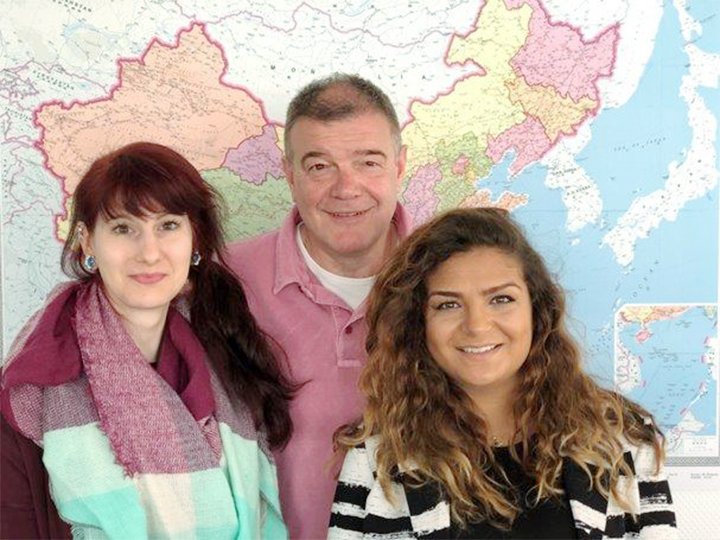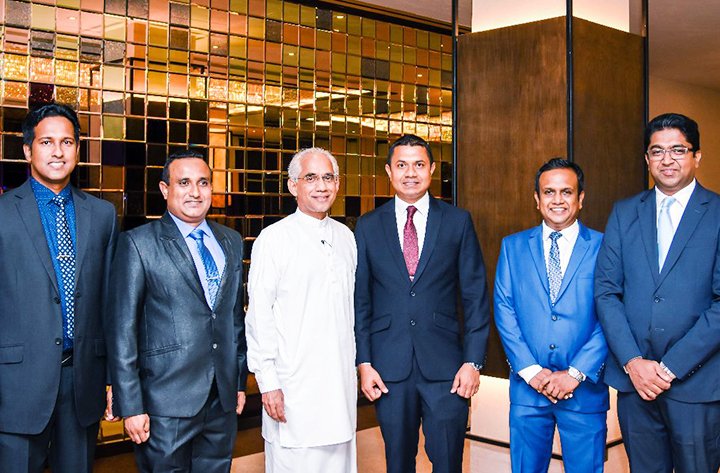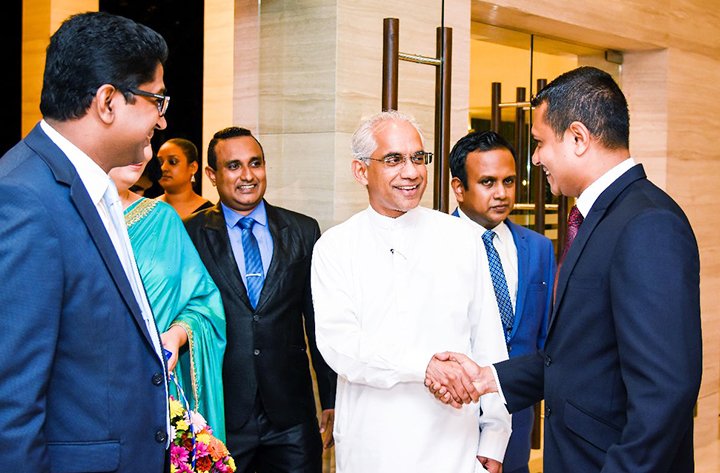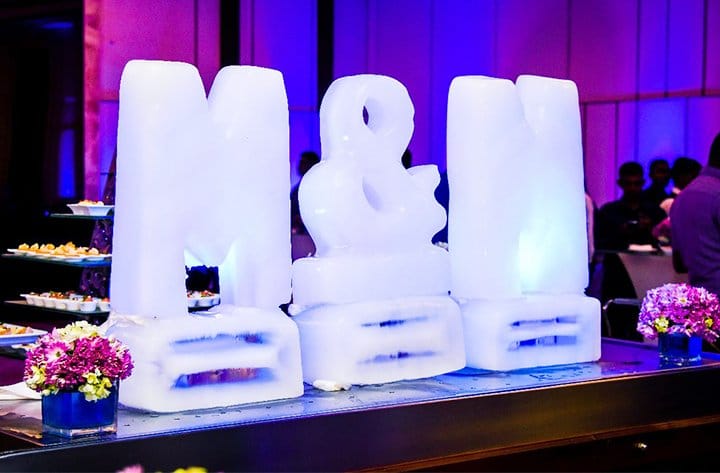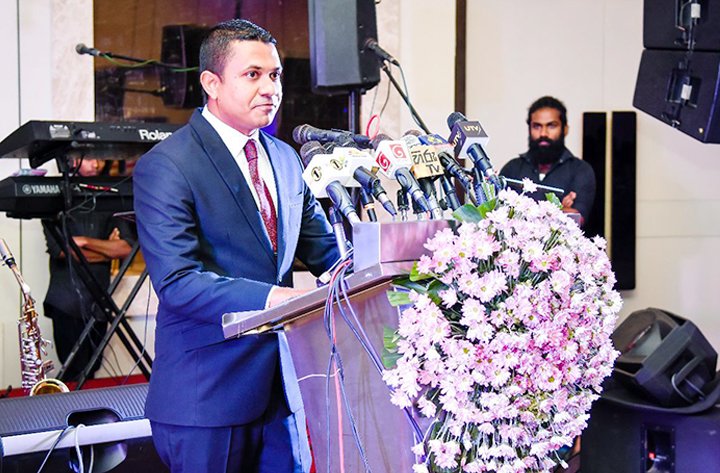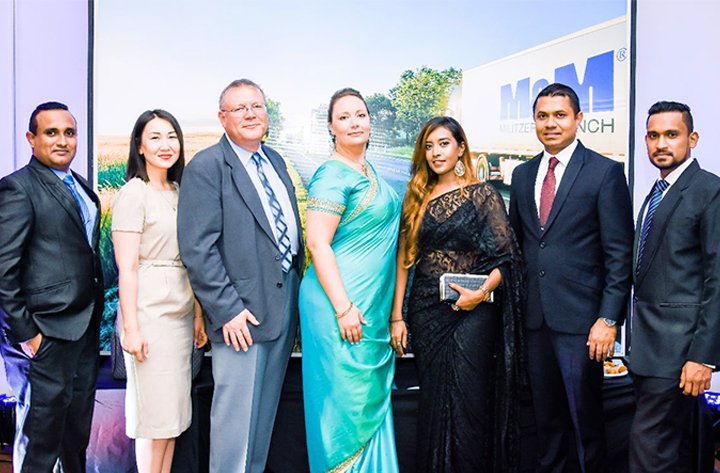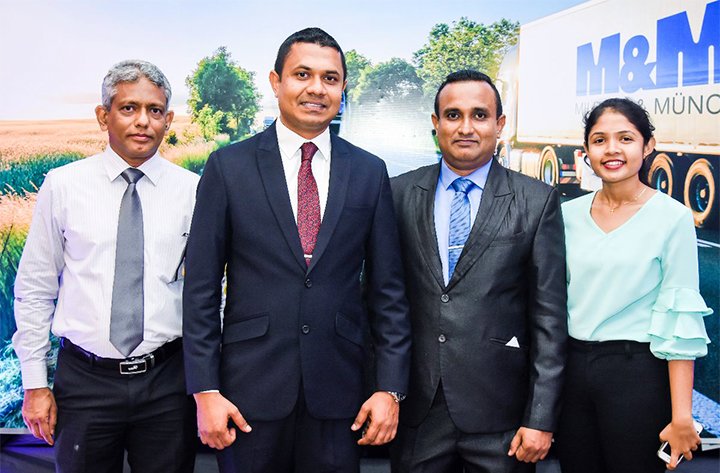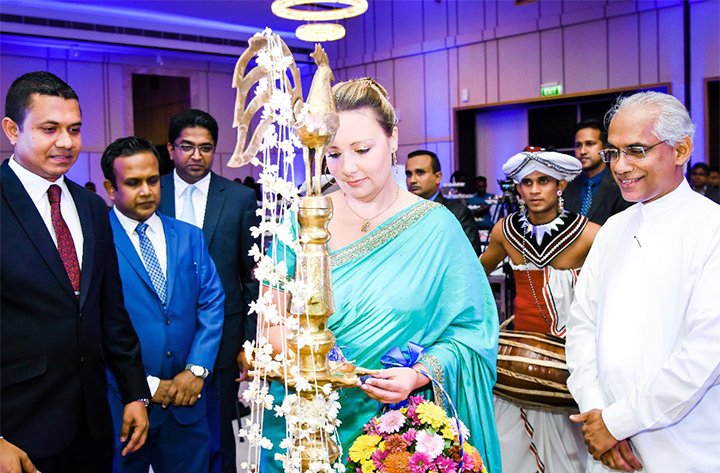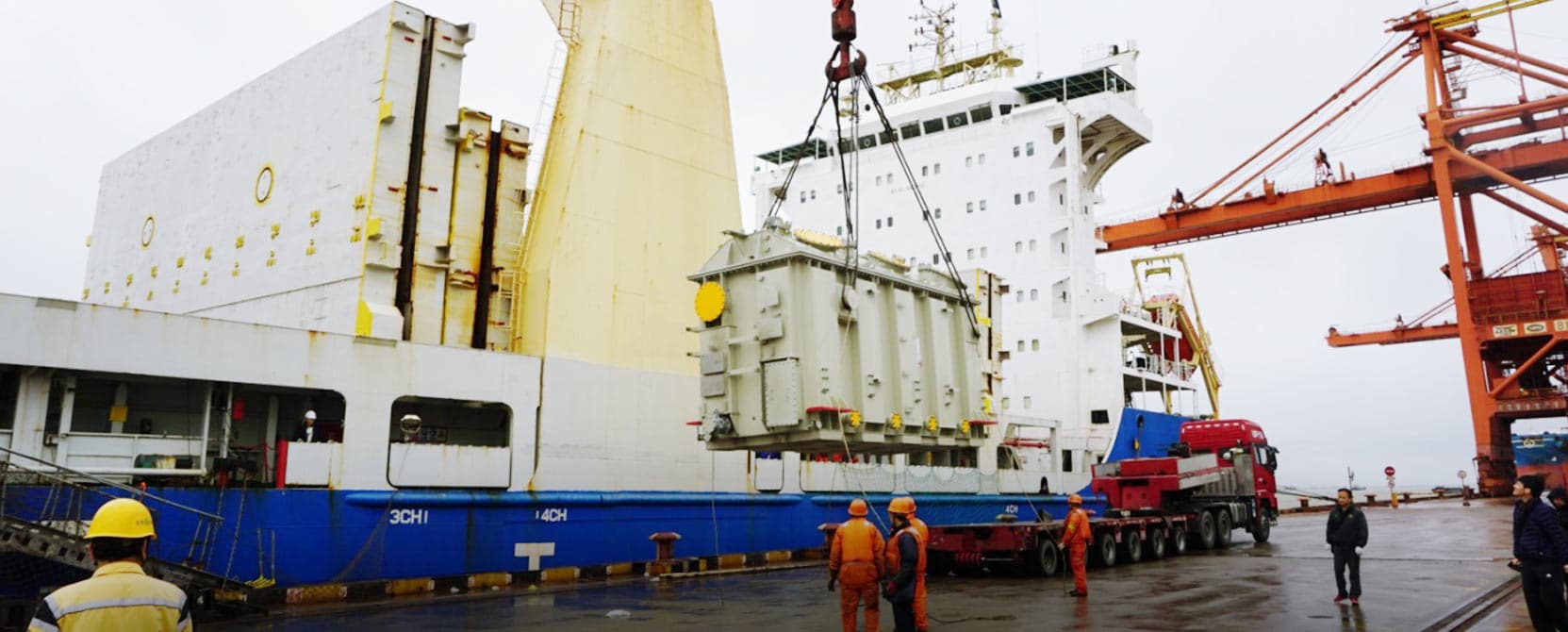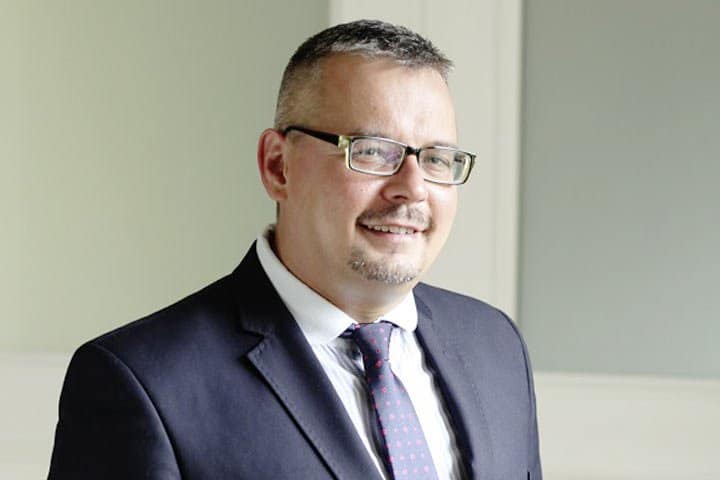The “Gateway to the World” – a self-confident label the port and trading city of Hamburg has been using for decades to present itself. The Federal Republic’s second biggest city is an important transportation hub, where vessels from all over the world load and unload their cargo. For Militzer & Münch in Germany, Hamburg is the gateway for sea freight shipments, too, in export as well as in import.
“In Hamburg, we benefit from short distances”, says Dirk Bukowski, Regional Manager North M&M Air Sea. “Theoretically, with digitization today, we can of course organize sea freight shipments from everywhere. But the operations part is much more target-oriented and productive owing to our local branch office at Hamburg sea port.”
The Militzer & Münch Hamburg team can offer their customers all services from one source; they include handling, receipt of the goods and customs clearance. To put the competences to the best possible use, the employees cooperate with all other Militzer & Münch branch offices, most of all in Germany. Thus, the Hamburg colleagues closely coordinate with the Dusseldorf team, which also has a strong sea freight department as it is located near Antwerp.
Not a niche player
Beside sea transport, Militzer & Münch also offers airfreight from Hamburg, without restricting itself to certain industries or goods. “In the literal sense of the word, we are an ‘allrounder’ for our customers”, Dirk Bukowski says. “Generally speaking, we can serve all industries and all the destinations we use for sea freight. we mainly use the magic triangle of Europe-Asia-North America.”
Among the export goods are machinery, components for the automotive sector and consumer goods such as foodstuffs. From overseas, mostly from Asia, Militzer & Münch imports a wide range of products from electric and household appliances to textiles, toys and tea.
North America business especially successful
In the past two years, the Hamburg Militzer & Münch team managed to increase the shipping volume by 10 to 15 percent. This successful development is also owed to the exports for a big German producer of confectionary: every week, several big refrigerated containers leave Hamburg, mainly for Japan, but also for other Asian regions.
Especially good growth is registered in the business in and with North America. Dirk Bukowski names three factors that account for the development:
In summer 2017, Militzer & Münch appointed a Route Development Manager who exclusively focusses on North America; he intensively nurtures the local partnerships.
With teams operating in Germany’s south east, in the west and in central Germany, Militzer & Münch can bank on lots of know-how and was thus able to further develop the sea freight segment.
In Hamburg, an operationally very experienced team is handling exports.
In cooperation with the Munich colleagues, the Hamburg team is handling big contracts with some hundred containers for two German customers exporting machinery, façade components and other construction parts to the North East and the South of the United States.
Targets and challenges
In terms of airfreight and sea freight, Germany is highly developed. The forwarding industry counts many big players. Thus, it is challenging for medium sized enterprises like Militzer & Münch to assert themselves in the market. “Over the past few years, we were able to do many great projects”, says Dirk Bukowski. “But nevertheless, we have to fight. We have to define exactly what Militzer & Münch stands for, and to set ourselves apart from the competition with our services.”
One of the characteristics for example is that Militzer & Münch in Hamburg assigns to each customer one designated contact person, who supports the customer during the entire project in all matters. “Our customers get to meet their contact persons personally, and our staffers know our customers inside out”, says Dirk Bukowski.
The Regional Manager also believes that the “fight for talents” is an essential factor. The Hamburg team wants to be known among young professionals and hire the right personnel. Yet young professionals often want to start their careers with the big logistics corporations. Therefore, the Hamburger Militzer & Münch team offers young talents clear career opportunities – for instance, employees at Militzer & Münch can take on responsibility at an early stage.
“Our target is to generate further growth in the coming years”, Dirk Bukowski says. “To this aim, we want to extend and strengthen our customer base in Hamburg.”
The New Silk Road – a threat to sea freight?
The Chinese Belt and Road Initiative ensures an ever-increasing development of the New Silk Road. Logisticians have since begun transporting more and more of their shipments between Europe and Asia via rail. The Militzer & Münch Hamburg team notices that many customers are already scheduling rail transportation for 10 to 15 percent of their total container volume.
Often, especially time-sensitive goods are transported via rail today, as this is the faster transport mode compared to sea freight. Yet, the continually increasing numbers of rail transports have no negative impact on sea freight transports. It is a fact that sea freight capacities are still by far bigger. As Dirk Bukowski explains, even if rail traffic grew a hundredfold, it would still not decrease the utilization of the vessels. A normal container block train carries 42 x 40’ containers, while nowadays a vessel transports on average 20,000 TEU, which equals 10,000 x 40’ containers.
